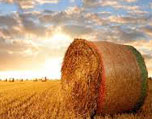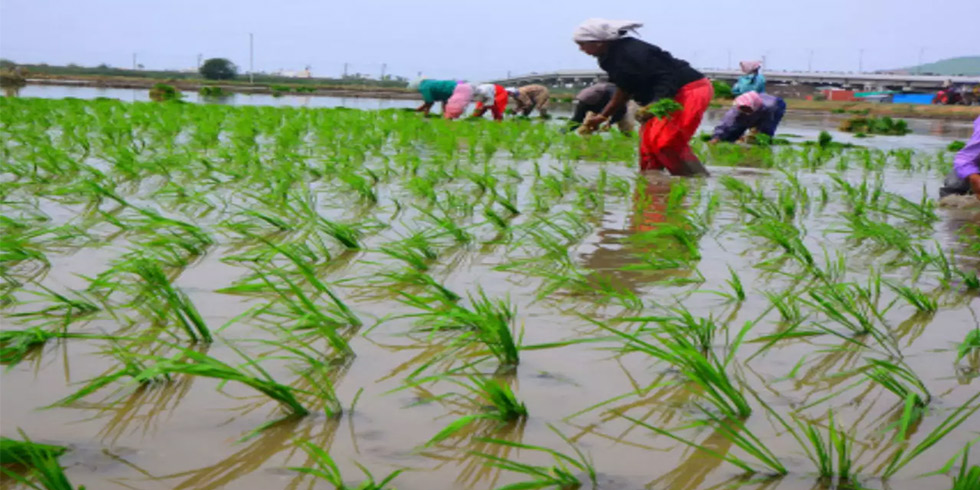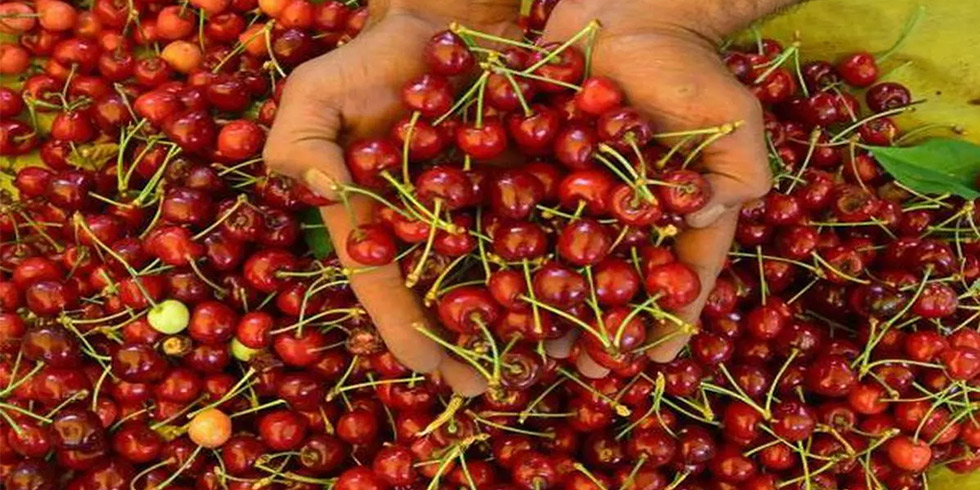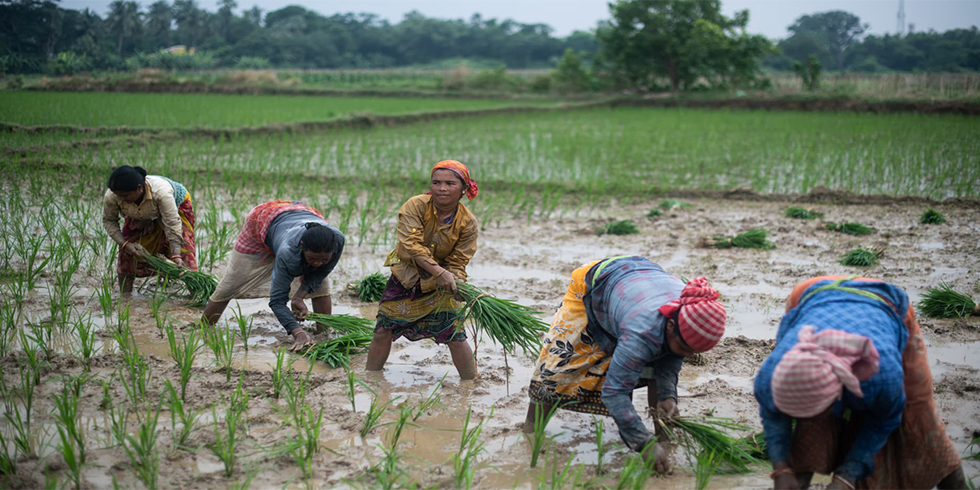India became the world’s seventh-largest exporter of agricultural products in 2013, overtaking Australia, according to the US Department of Agriculture (USDA)
In terms of net exports, India is now the world’s sixth-largest supplier, with net exports double those of the EU28.
The Indian government’s support for both production and exports has contributed to a rapid growth in shipments, which are increasingly destined for developing countries, including Africa’s least-developed nations such as Rwanda.
India has in turn become a very important player on the global market, especially for rice, cotton, sugar, and buffalo beef. In addition to these products, India has also become a sizeable exporter of soybean meal, guar gum, corn, and wheat, as well as a diverse range of other products.
India’s export growth over the past decade has been the highest of any country, with an annual rate of more than 21%. In comparison, Brazil’s annual exports grew by 15% over the past decade, China’s rose 12%, and the US increased by 9%, USDA data shows.
India’s farm exports to date in 2014 have remained roughly at last year’s record level. From January-May, rice exports were up 10%, compared with this time last year, cotton up 2%, bovine meat (buffalo) up 18%, and wheat up 75%. Soybean meal, guar gum, and corn exports, however, are down from the same period last year.
Rwanda’s trade minister, Francois Kanimba, said his country has seen a surge in food imports from India at improbably low prices. This has complicated Rwanda’s own efforts to build food security, despite an impressive average agricultural growth rate of 4.9% per annum since 2000, following recovery from a bloody civil war in the mid-1990s.
Two-thirds of the Rwandan labour force works in agriculture, and coffee and tea remain its most valuable exports, while rice production has risen over recent years.
Agricultural commodities from India such as rice and sugar had been reaching Rwanda “at such low prices [that] you are left wondering if these are really global market prices, simply explained by the competitiveness of the Indian economy,” Kanimba told the Financial Times.
In an attempt to fight back, Rwanda increased the taxes on rice imports in March following the example of other African countries such as Nigeria.
So India may increasingly find that its traditional allies might not continue to support its battles with Washington on world farm trade reforms, particularly when it chooses to behave like one of those large developed food exporters it so often lambasts.








Add Comment